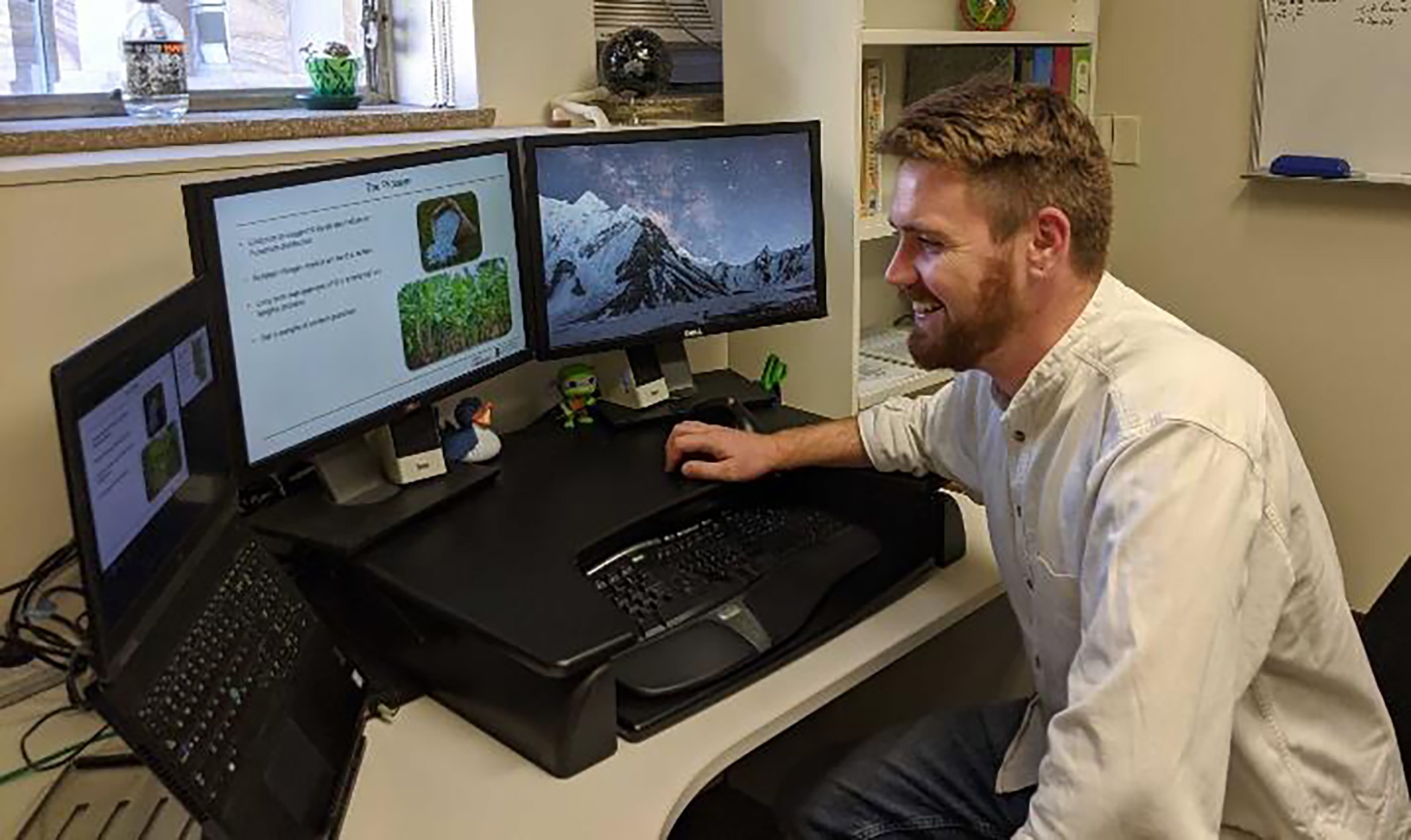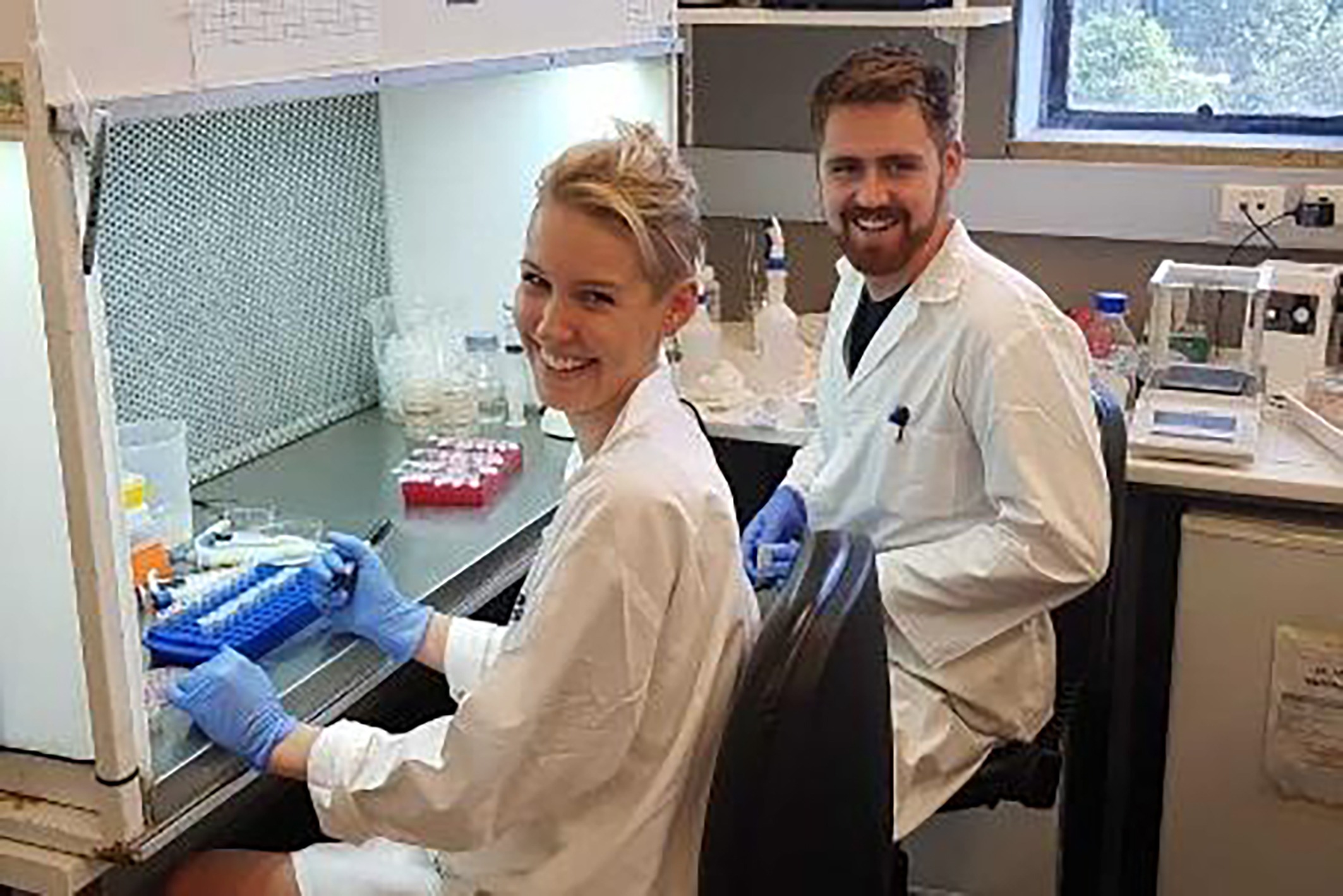

From Paperwork to Pandemic: Engaging with South-East Asia to Manage Panama Disease
September 15, 2020
As part of our concerted efforts to support and encourage the next generation of Australians in study, careers and volunteering in international agricultural research, the Crawford Fund State Committees proudly support our Student Awards.
Our 2020 Student Awards in ACT, NSW and QLD have been extended due to the disruption to the university year caused by COVID-19 so check out the backgrounder and apply online before Monday 2 November 2020.
These awards allow university students from around Australia to include an international component to their studies, to travel to their host countries to research and explore their chosen topic areas and gain international agricultural research experience and expertise.
Thanks to The Crawford Fund QLD Committee, we share with you this summary of University of Queensland student Henry Birt’s research into managing Panama disease in banana production in South-East Asia.
Panama disease, or Fusarium Wilt, is a serious threat to global banana production. The disease has had a significant impact on banana production in the Asia-Pacific region and a better understanding of its ecology is required to advance the development of effective management approaches.
The research plan had to be adjusted due to delays in obtaining a research permit to work in Indonesia, and a planned banana microbiome workshop, after the 2020 Australasian Soilborne Diseases Symposium in Cairns, was postponed due to COVID-19 travel restrictions. As an alternative to the workshop, a webinar was held with 34 researchers from the Philippines, Indonesia and Laos PDR.
“From web surveys conducted before and after the presentation, it was established that the webinar helped to improve the understanding of the banana microbiome among the attendees and there was a willingness to engage in future microbiome work,” said Henry.

“Despite our best efforts to obtain a research permit to work in Indonesia, all of the required documents for the visa application had still not arrived after 13 months. We decided to switch focus to samples from the ACIAR projects’ partners in the Philippines. Furthermore, to compliment the new long-read sequencing approach it was necessary to generate a database from a curated culture collection. For this purpose, I visited the Plant Pathology group at the Royal Botanical Gardens, Sydney, who maintain a large collection of fungal isolates, and after meeting the team and sharing some of our research, I headed back to Brisbane to optimise the long-read method we intended to use,” he said.
“In a world first, after six months of optimisation we were able to obtain some error corrected fungal long reads from an environmental sample,” said Henry.

“My Crawford Fund award has allowed me to expand my research network and meet other researchers in Australia that I would have not otherwise. The award has also allowed me to develop my skills in project management beyond the capacity that a PhD normally allows. I have learnt the difficulties that can be faced in trying to establish projects in developing nations as well as the impacts that unforeseen circumstances, such as a global pandemic, can have on a project,” said Henry.

The webinar we conducted has also shown me that it is possible to engage successfully with researchers from around the globe even in the face of travel restrictions. While the outcomes of the project were not what was originally intended, the project has laid much groundwork for a future broader ACIAR project that will continue to research banana microbiomes and their relationship to Fusarium,” Henry reported.




